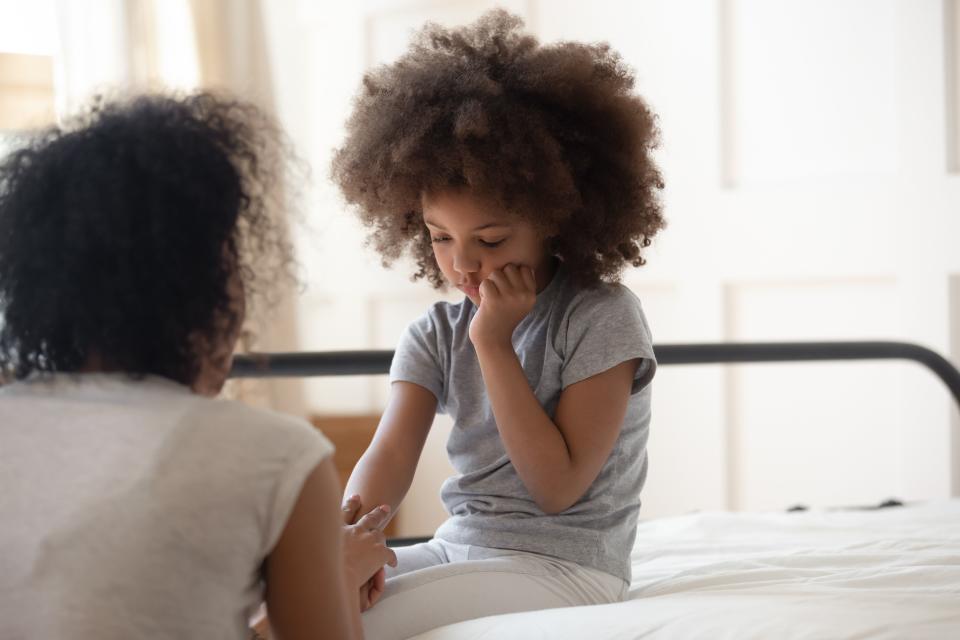How To Know If Kids Have COVID-19 When They Can't Explain Their Symptoms

It’s often hard, as a parent, to know how sick or hurt your kid really is. Like when you think they have a mild stomach bug and it turns out to be appendicitis. Or you’re awoken by a hair-raising barking cough and rush to the ER, only to be told that your toddler has mild croup that you could have treated at home.
All of this gets even trickier during a global pandemic ― particularly when the virus in question is one that doctors and researchers still don’t understand all that well and when the range of possible outcomes is so extreme.
This coronavirus has so many possible symptoms, leaving parents to wonder: Does my kid have a cold? Allergies? Could it be COVID-19? It’s hard to tell, especially if you have a child who can’t communicate their pain precisely enough to help you with a tentative diagnosis.
So if you’re stressing over whether your young child has the coronavirus or not, here are a few things to keep in mind.
Kids might have slightly different symptoms than adults.
In general, the signs of COVID-19 in grownups and children are fairly similar: fever, chills, muscle pain, headache, sore throat, cough, shortness of breath and a new loss of taste or smell, according to the American Academy of Pediatrics. But there’s also some evidence that kids are less likely to have a fever, cough or shortness of breath, the AAP states.
Also, kids might be more likely to experience stomach troubles — although the Centers for Disease Control and Prevention now says that gastrointestinal issues are a common sign of the disease for people of all ages.
“Children may be more likely to have gastrointestinal symptoms like nausea and diarrhea or poor feeding and decreased appetite,” said Dr. Margaret Aldrich, director of pediatric infection control with Children’s Hospital at Montefiore in New York City. She cautioned, however, against overstating how different symptoms can be in adults and kids because at this point we still just don’t...


